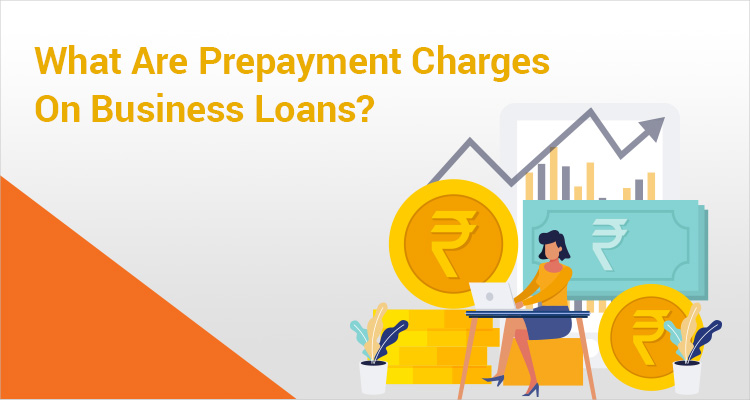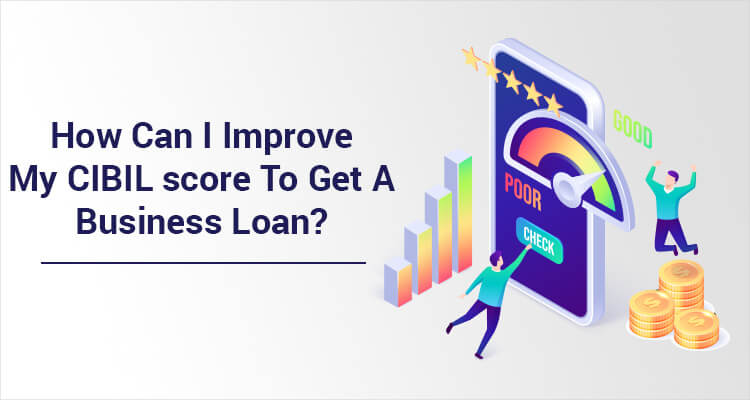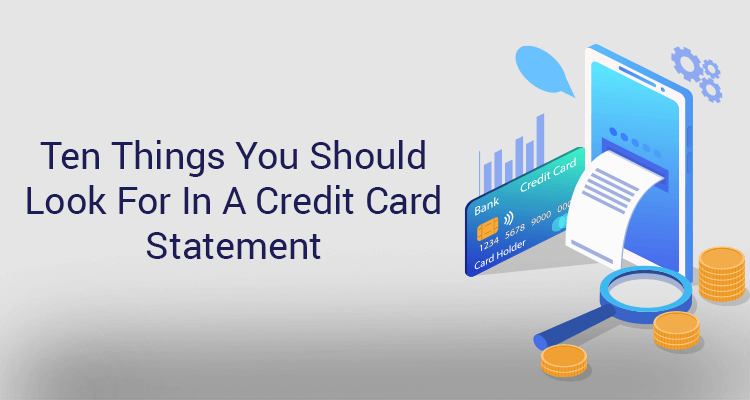Minimum CIBIL Score For Business Loans
Table of Contents
Lenders have a number of parameters to select borrowers for business loans. This covers various aspects depending on the type of loan, and whether it is a secured or unsecured business loan. While credit scores matter for most types of loans, they matter even more for unsecured loans.
This is because the lenders do not have comfort of having an asset as a collateral in the event of a default. In the absence of a security, the lenders are still open to accepting a borrower based on various factors and the risk factors based on those aspects.
What Is The CIBIL score?
One of the ways lenders assess the repayment propensity of the borrower is to look at their past records with their other loans. For this, lenders bank on the CIBIL score. CIBIL is an independent agency that collects credit history of borrowers and assigns a score. However, it is not the only one. Companies such as Experian and Equifax also provide credit scores.
This score is a three-digit numeric summary of one’s credit history and ranges from 300 to 900 and changes over time. The closer this score is to 900, the better are the chances of the loan application getting approved. The score tends to act as a guiding principle for lenders, making the loan approval process faster.
Any score greater than 750 is considered good but that doesn’t mean a person with a score lower than that does not have access to loans. One can get loan with a lower score, too, but the cost of the loan, or in other words the interest rate charged, moves up and the time taken to process the loan becomes longer.
CIBIL Scores And Business Loan
In general, scores below 500 automatically disqualifies one from a loan as it indicates lower probability of repayment either due to historical behaviour with say a missed payment or outstanding loans that may not match with the ability of the borrower to service the interest payments.
If the credit score is in the 500-700 range, one can still avail a loan but the final decision would be based on various other factors. The loan would more likely entail a higher interest rate and not necessarily the entire amount one may want to borrow.
On the other hand, if the score is in the 700-800 range there is a high probability of a quick loan approval without too much of a hassle.
If the credit score is over 800, that is the ideal situation and the borrower can get a business loan at very competitive interest rates.
Conclusion
Lenders base their decision on whether to lend and at what terms depending on various factors. For unsecured business loans, in particular, one of the key factors is the CIBIL score of the business owner.
The minimum score needed for availing a business loan varies from lender to lender but typically falls around the 650-680 range, on average. While one may still be able to borrow for business needs with a lower score, the terms are likely to be more onerous.
Disclaimer : The information in this blog is for general purposes only and may change without notice. It does not constitute legal, tax, or financial advice. Readers should seek professional guidance and make decisions at their own discretion. IIFL Finance is not liable for any reliance on this content. Read more




